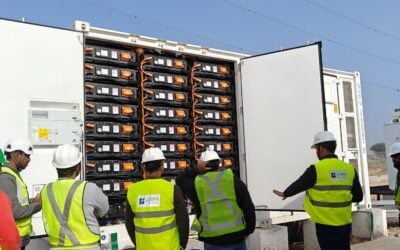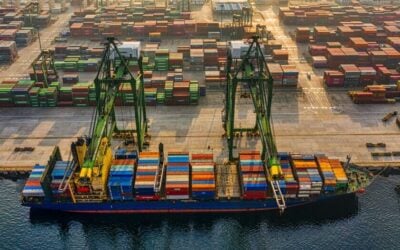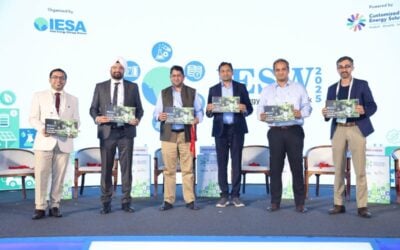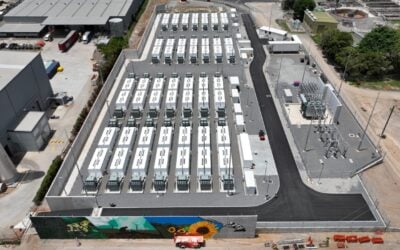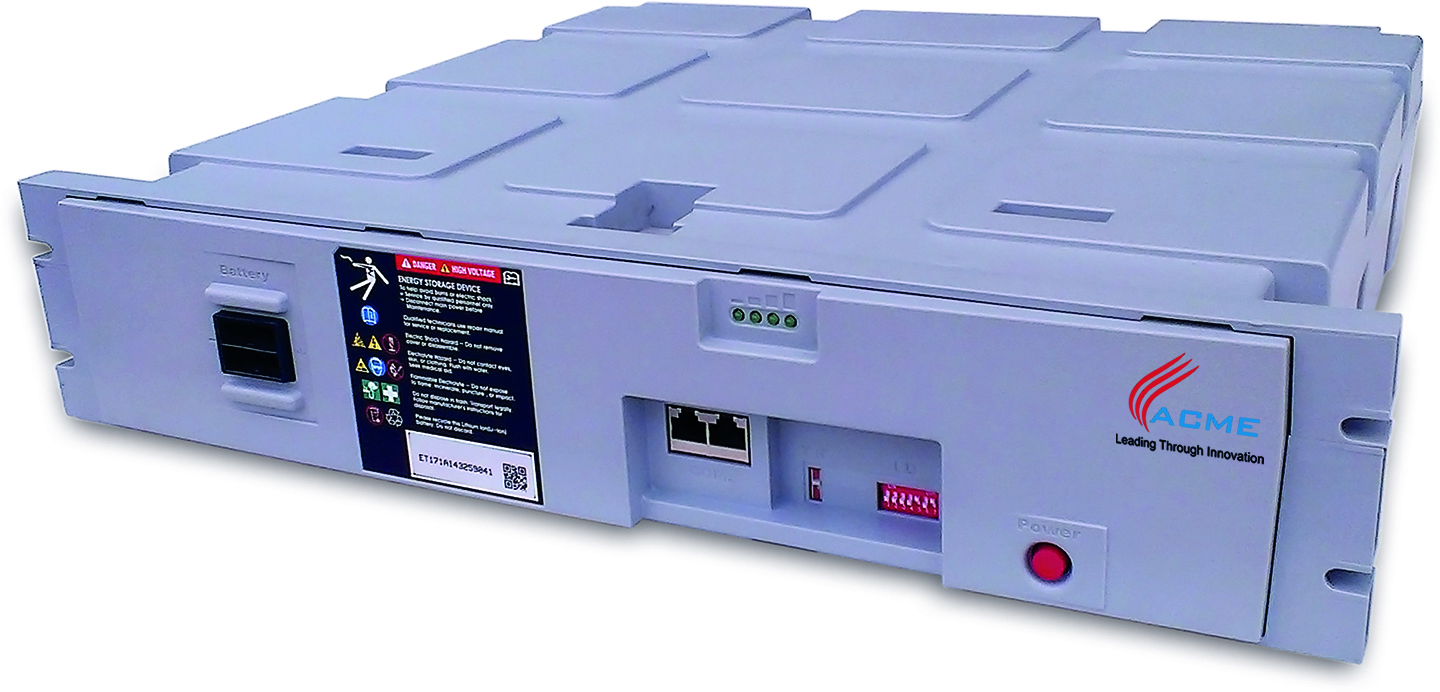
India is expected to add more than 1GWh of lithium-ion battery assembly capacity this year, with a host of companies getting in on the act, according to the head of the India Energy Storage Alliance (IESA).
The South Asian country has already surpassed 1GWh of distributed lithium-ion battery deployment for applications such as telecom towers and bank ATM machines, but to reach this stage companies had been importing complete battery packs from outside India.
However, Rahul Walawalkar, IESA executive director, told Energy-Storage.News that strong demand for batteries in such applications has continued. Therefore, since the end of last year, many firms have started setting up assembly capacity in India and only buying cells from the likes of China, Japan and Korea.
Walawalkar added: “There are multiple companies who are putting in 100MWh or more pack assembly capacity right now.”
Try Premium for just $1
- Full premium access for the first month at only $1
- Converts to an annual rate after 30 days unless cancelled
- Cancel anytime during the trial period
Premium Benefits
- Expert industry analysis and interviews
- Digital access to PV Tech Power journal
- Exclusive event discounts
Or get the full Premium subscription right away
Or continue reading this article for free
Major companies including Acme, Delta, Exicom, to name a few, are all working on such facilities of various capacities. At least five companies have already completed plants, while several other projects are expected to be completed in the next two or three months, once equipment has been delivered. This week, Indian business newspaper Economic Times also reported that Indian Oil Corporation (IOC), the nation’s biggest fuel supplier, is developing batteries and other technology for energy storage applications. According to Economic Times, while IOC is mainly focusing on lead-acid, it is also working on lithium-ion battery chemistries.
Walawalkar also noted: “There are at least four or five additional companies who are right now at earlier stages; they have identified the land; they are finalising partnerships for procuring cells.”
The EV driver
However, the spring in lithium-ion battery manufacturing has not only been driven by stationary storage, since India is primed to become a major electric mobility market in the years to come. Energy minister Piyush Goyal – a huge fan of EVs – has set an extremely ambitious target to replace all vehicles with EVs by 2030.
Already India has more than 600,000 E-rickshaws and similar number of electric two-wheelers, said Walawalkar. There are also innovative projects such as EV battery swapping stations. Acme introduced the first such station last month for the EV platform of SoftBank-funded taxi aggregator Ola in Nagpur, Maharashtra.
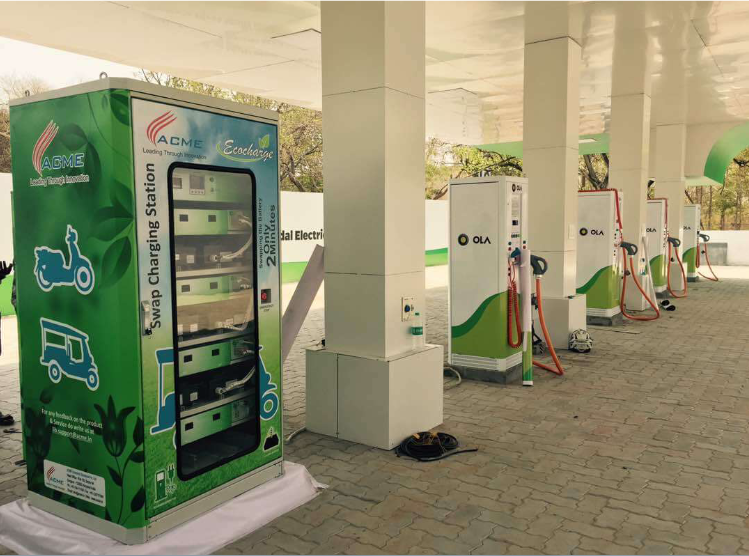
It is also well known that Suzuki Motor Corp, Toshiba Corp and Denso Corp are forming a joint venture to produce lithium-ion batteries for automobiles in India, planning to spend a total of ¥20 billion (US$183.74 million).
Lead-acid in the running
Nor is the upstream energy storage spring dominated by one technology, since lead-acid specialists India-based Exide Industries and Sydney-based Ecoult are also setting up a new manufacturing plant in East India for Ecoult’s lead-acid hybrid product, named UltraBattery. Ecoult recently secured funding from the Australian Renewable Energy Agency (ARENA) partly to help its expansion to India.
Referring to the new plant, Walawalkar said: “That is also expected to get operational either later this year or early next year. In January they announced [that] already their assembly line is operational – so the entire battery will be manufactured in India.”
Similarly, another firm named Exide Technologies, based in the US, is also considering setting up lead-acid battery manufacturing.
Walawalkar added that energy storage manufacturing plans are being realised in multiple states across India, rather than being concentrated in one location.
In related news, India’s first large-scale solar-plus-storage tender has been delayed as the country comes to terms with the record low solar tariffs awarded this year.
This article has been updated to say that Exide Industries, an Indian firm, is partnering with Ecoult.


